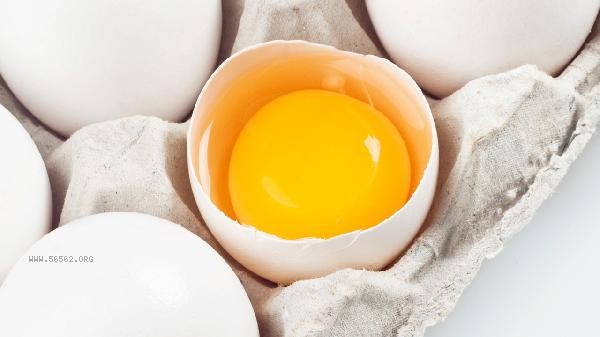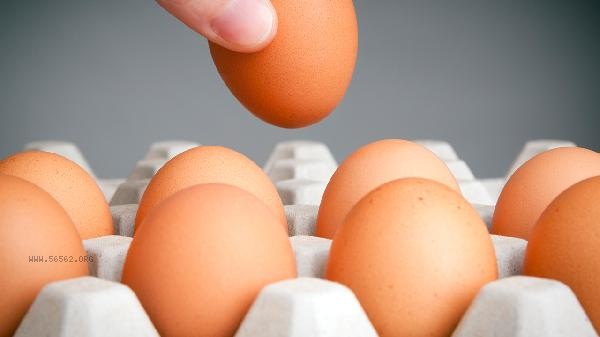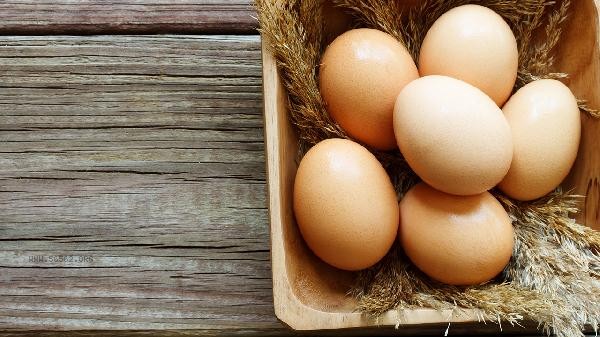When boiling eggs, water overflowing is usually the result of the combined action of boiling water and the expansion of gas inside the egg. The main reasons are the expansion of air inside the egg due to heat, excessive water volume, excessive heat, small pot, and failure to stir in a timely manner.

1. Gas Expansion
Fresh eggs contain air in their internal chamber, which rapidly increases in volume when heated. When the temperature reaches the boiling point, a sudden increase in pressure inside the chamber may open the gaps between the eggshells, releasing gas that drives boiling water to overflow. Choosing eggs that have been stored for about a week can reduce the volume of the air chamber, and using a needle to puncture the blunt end of the eggshell before cooking can effectively exhaust the air.
2. Excessive water volume
When the water surface height exceeds two-thirds of the pot, there is insufficient space for water evaporation after boiling. The sinking displacement of eggs will further squeeze the volume, and when bubbles burst, water droplets are easily pushed to the edge of the pot and overflow. It is recommended to submerge the two knuckles of the egg with water. Using a deep pot is more conducive to controlling the water level than a shallow pot.
3. Excessive firepower
A large fire boiling rapidly can cause water molecules to move violently, producing a large number of bubbles that accumulate around the egg. The water film formed when these bubbles burst is continuously pushed by subsequent steam, eventually breaking through the water surface tension and overflowing. Slow cooking over medium heat can evenly transfer heat and avoid local intense boiling.

4. Discomfort with cookware
Cookware with a diameter less than 20 centimeters has limited ability to accommodate bubbles. After the eggs occupy the bottom space, the steam channel narrows, causing bubbles to concentrate and overflow from the edges. Choosing cookware that is twice as large as the number of eggs, or using a steaming rack to elevate the eggs, can increase the steam diffusion space.
5. Failure to stir in a timely manner
Bubbles will adhere to the surface of the egg in a static state to form a thermal insulation layer, which will accumulate to a certain volume and suddenly release. Gently stirring with a spoon can evenly disperse the bubbles, and stirring in circles along the edge of the pot every two minutes can effectively prevent splashing. Be careful to move slowly and gently to avoid breaking the eggshell.

When boiling eggs, it is recommended to add cold water to the pot to slowly increase the temperature. After the water boils, reduce the heat and maintain a slight boiling state for eight minutes to achieve the desired degree of maturity. Use a timer to avoid overcooking, and immediately soak in cold water after removing it, which is convenient for peeling and can terminate the waste heat cooking. Regularly check whether the cookware is deformed, as uneven pot bottoms can lead to uneven heating and exacerbate overflow. After mastering these techniques, it is possible to ensure that the nutrients in eggs are not lost and to maintain kitchen cleanliness.









Comments (0)
Leave a Comment
No comments yet
Be the first to share your thoughts!